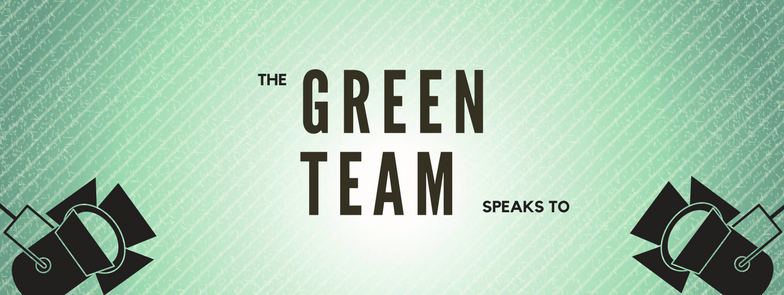
Leigh Wedell is Chief Operating Officer and Founding Partner of Basilinna, a strategic advisory firm focused on China, the Middle East and the U.S. and previously served as Chief Sustainability Officer at The Paulson Institute. She has extensive experience in advising U.S. and Chinese companies on market access, profile raising, and government relations.
 Leigh is the author of a policy brief on green finance-related capacity building measures in China.
Leigh is the author of a policy brief on green finance-related capacity building measures in China.
- What specific tools and knowledge fields should the Chinese government invest in to build its capacity for success in employing green finance for sustainable development?
First, covering the fundamentals of green finance far and wide is key for the Chinese government and Chinese companies as well. There are good tools out there already to measure environmental impact for investments, but limited numbers of bankers and/or government officials use them or understand them at this stage. Then, the other capacity priority should be to develop new and more innovative products to advance green finance. This should start with an understanding of what products are available now, what the challenges are with those products and what needs are currently unmet. I also note that pressure does seem to build when consumers actually choose their banks based on their environmental offerings and policies – or push their current banks to be greener.
- Related to the above, what are your thoughts on the feasibility of these capacity-building measures by the government?
There’s great reason to be optimistic about the Chinese government supporting more capacity building for green finance. It’s a political priority – maybe even an imperative – for China to expand green finance as a means to tackle the environmental challenges. And certainly the Chinese government is best in class at training officials – look at the Party schools and the comprehensive study sessions. The Chinese government knows how to train. There are also emerging NGOs in China with interest in providing capacity building programs. All of the building blocks are in place.
- What could the global community do to assist China in capacity building?
Certainly many global actors on the climate issues are already involved in China’s green finance, such as the UNEP. Foreign NGOs are just jumping in with the Paulson Institute leading the way. But other big environmental NGOs will begin to take note as this is an attractive opportunity. Capacity building programs do not have to be a big investment if designed in a way that can be readily scaled. China is excellent at leveraging international expertise so it is a matter of ramping up at this point. Green finance has really just taken hold as a concept so now is the right time to begin building the capacity to implement on a big scale.
- What do you expect of the overall operating environment for foreign companies in this post-19th Party Congress period?
We’re certainly entering a “new era” with more power centralized in Xi Jinping and the Party than has been the case in decades. For anyone hoping for more political opening and participation in China, the news is not good although not unforeseen. For businesses, there is reason to be optimistic. After no major reforms in the past decades, President Xi – followed by Vice Premier Wang Yang – have promised open more to foreign companies, and in fact new announcements opening the financial sector to majority ownership were made right after President Trump’s trip in November 2017. The consolidation of power by President Xi also means that there is someone empowered to act before building consensus. The big risk for foreign companies was always that there were many officials who could veto your plans, but no single official could approve it. Approvals were complicated. Now, potentially, navigating approvals will be a more straightforward process.
- Which living person do you most admire?
JK Rowling. When the chips were down for her, she created one of the most enduring characters in modern history. I’m in awe of that level of creativity.




